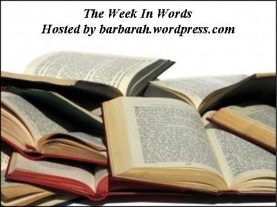To listen to today’s secularists talk, one might get the impression that America’s founding fathers were ardent secularists, devoted to Enlightenment thinking, and irreligious if not antireligious. Conservative Christians tell a whole different story–a story that stars devoutly religious founding fathers who hold to an orthodox Christian faith.
Steven Waldman’s Founding Faith explores this controversial topic in a scholarly but still accessible manner. Waldman asserts that to lump “The Founding Fathers” together as though they all had the same views is a disservice to them. Instead, he explores the religious beliefs and actions of five “founding fathers” who were prominent in framing the debate for issues of religion and state.
Waldman explores the personal piety, personal and public writings, and public actions of Benjamin Franklin, John Adams, George Washington, Thomas Jefferson, and James Madison. He makes a good case for the plurality of religious beliefs among the founding fathers–as well as for the plurality of interpretations of how church and state should best interact.
I enjoyed Founding Faith tremendously, finding it to be a balanced, scholarly work that shines a great deal of light on the difficult question of what the Founding Fathers believed about religion in general and about state involvement in religion in particular.
I was interested to see the emphasis Waldman places on Madison as a primary framer of the “Establishment of Religion” clause. Waldman introduces Madison as a pious man, perhaps the most orthodox of the five men considered in this book. Unlike Jefferson, who primarily wanted separation of church from state for the sake of the state, Madison was interested in preserving the purity and vitality of the church from state intervention. Madison wished for an even more stringent separationist position–in part because of his sympathy for Virginian Baptists who decried the establishment of religion as oppressive to minority sects such as themselves.
As I said, this book is balanced and informative treatment of the faith of America’s founders and their views of how state and religion should interact. Lovers of history will enjoy this book–as will anyone who has ever been confused by contradictory reports of the Founders’ faith (or lack thereof).
Rating: 4 stars
Category: American History/Religion/Church and State
Synopsis: Waldman describes the religious beliefs of five founding fathers–and how each founding father felt the church should (or should not) be involved in religious affairs.
Recommendation: A wonderfully balanced portrayal of the faith of the founding fathers. Definitely worth reading.
Visit my books page for more reviews and notes.

